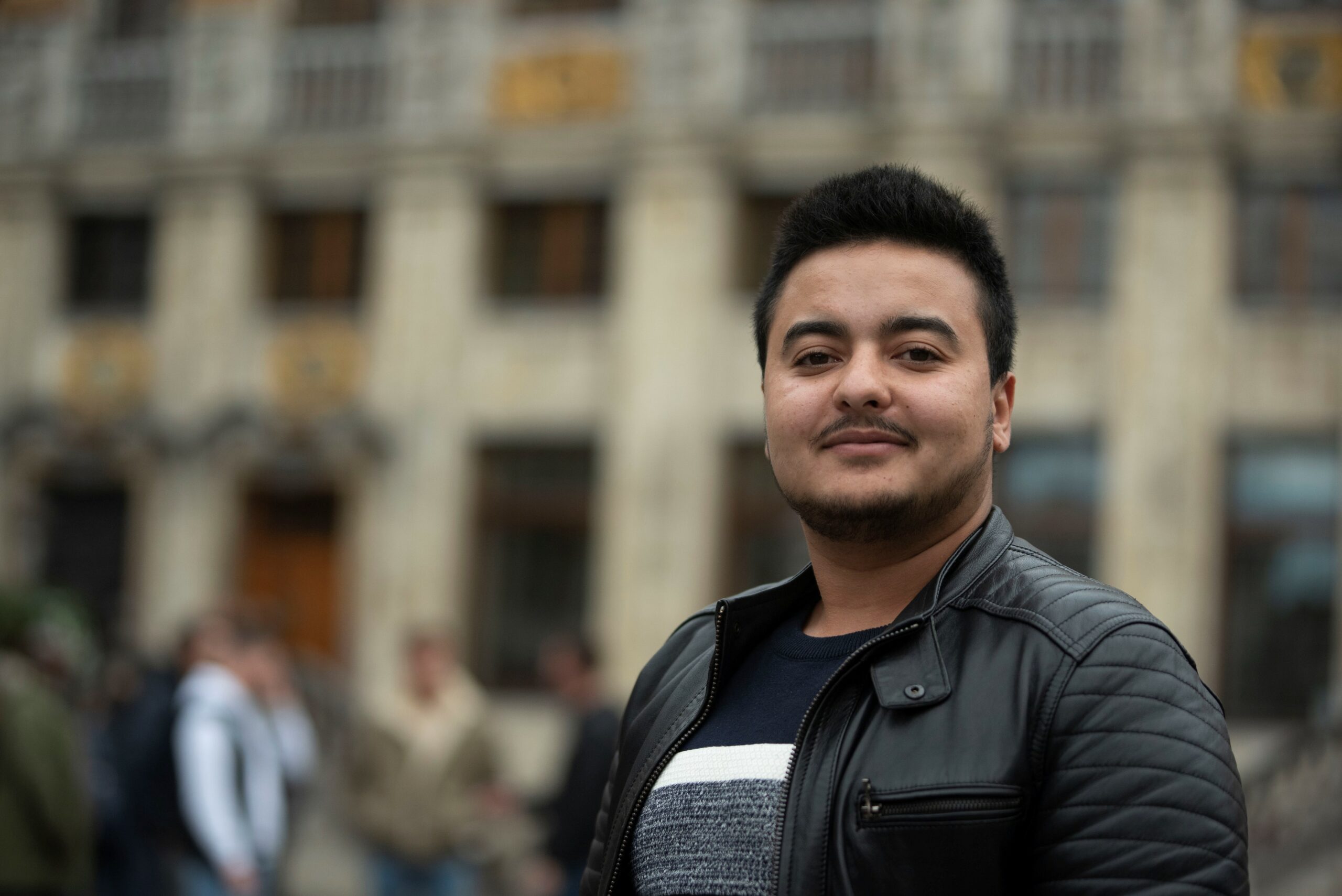Eden Ghali is the first Belgian-Moroccan trans man to publicly share his transition. He uses his Instagram account to advocate for trans rights, inform about his journey and fight transphobia. His account has an international aim by being in English as well as in French and Arabic. He’s also the founder of the All Humans organization which aims at ending all forms of stigmatisation against women and LGBTQIA+ people.
We’ve met with Eden to discuss his involvement and intentions.
Tell us a bit about yourself. What has been your journey?
I was born and raised in Morocco until the age of 19 when I came to Belgium, my second country, for undergraduate studies. My transition journey started on December 2020, the same month I started my Testosterone shots.
At the very beginning, my Instagram page was to show the world that transgender identity exists, and that we are a big community living in silence but without including my own experience. Then, I realised that so many of my followers, at the time, needed knowledge on the topic more than anything else, and that information on transitioning is non-existent in Arabic. That was how I found myself to be the first African transgender man sharing his transition publicly. I started explaining the whole transition process, as well as sharing my own experience, which made people feel engaged with what I was living and seemed to raise awareness and cultivate kindness, especially among parents.
What are your current or future projects?
My main focus right now is to give a fair representation of the transgender community. Through that, I hope to be able to empower, then mobilize the Moroccan LGBTQIA+ community and its allies to drive a movement of change that aims to make our countries a safe space for this community, one in which they are free to be who they are, one in which they are protected from all forms of discrimination.
I, of course, have very interesting projects that I am working on right now with the help of some very brilliant collaborators, but that is all I can say about that right now. You will hopefully be able to hear more about it very soon.
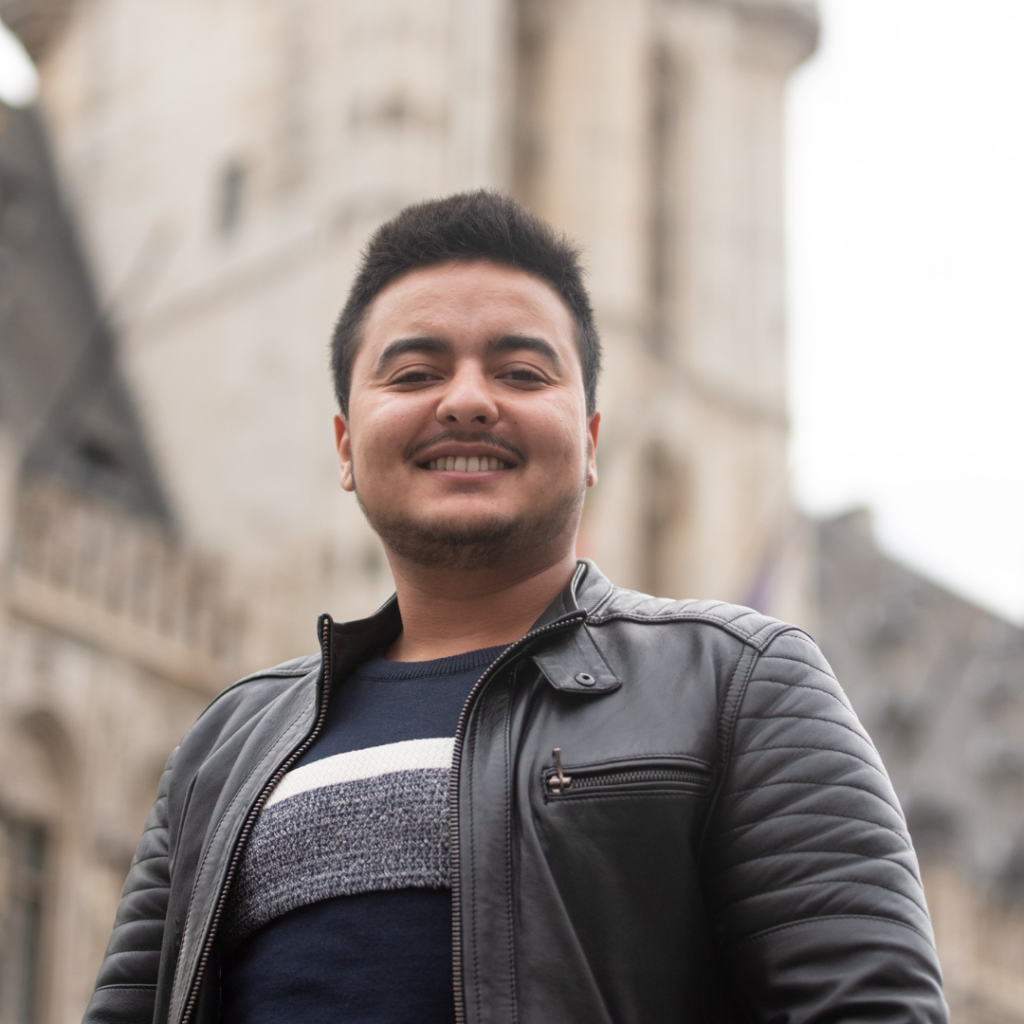
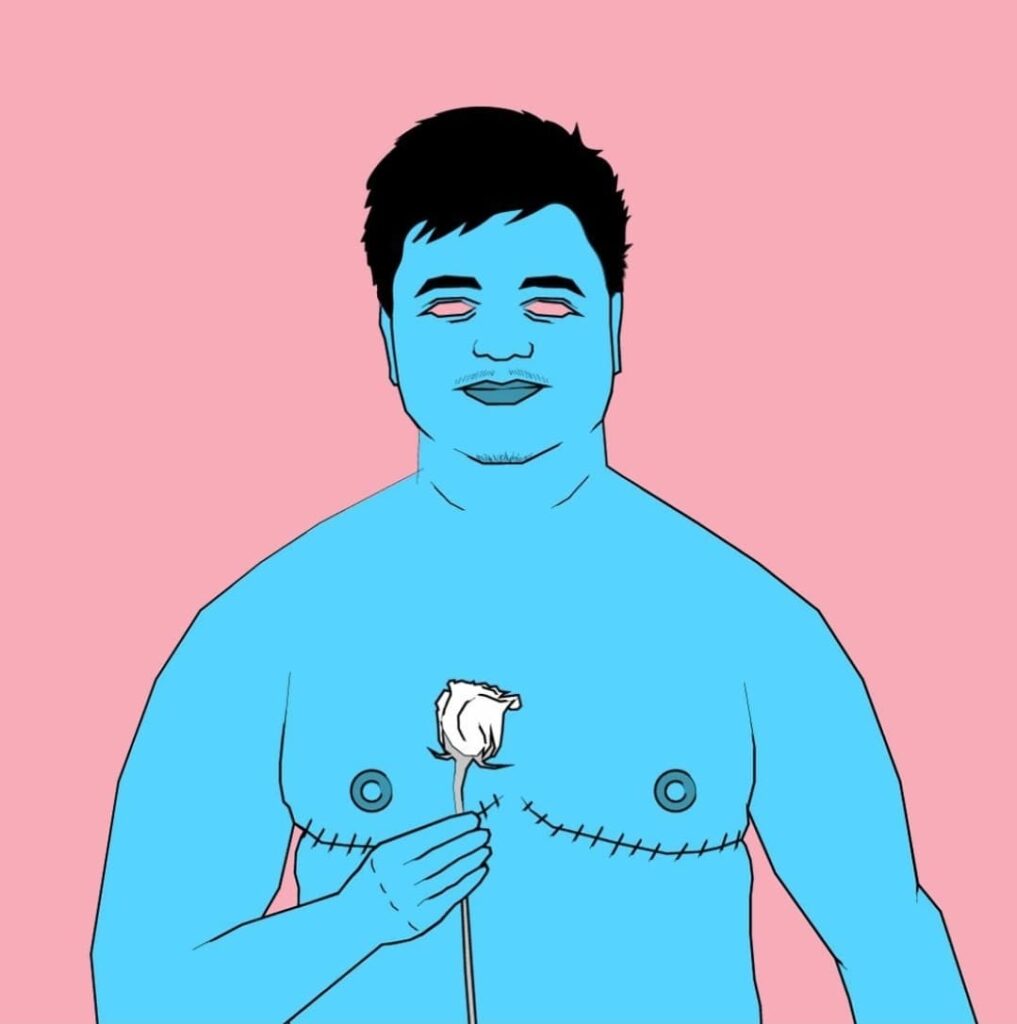
What does it mean to you to be a part of the Brussels queer community?
My belonging to the Brussels queer community is never separated from my belonging to the Moroccan queer community. The first comes with a feeling of security and empowerment, and serves, to me, as a reminder of the privilege I have in the one hand, and a motivation for the long path that is yet to be walked for the Moroccan community.
Having lived in Morocco for 19 years, a country where being transgender is extremely taboo, it was truly refreshing to be part of a community of people who are open about it and accepting of their, and other people’s gender identities and sexual orientations. It was also a huge step forward in my journey of self-acceptance to be surrounded by such people.
What are your queer influences?
I have to say that before I started sharing my transition online, I did not really know anyone or have any references in the queer world. It was not until I came out to my family and started transitioning here in Belgium that I started meeting people who have later, each in their unique way, turned into inspirations for me.
What Brussels queer initiatives are you fond of?
The first time I had heard of Rainbow House was through a friend. He had found out that I intended to start my transition process and recommended that I go there. As I started going there, I fell in love with the place, its people, but most importantly with the system that they put in place to ensure that you are properly guided through each and every step of the process. It was also there that I met many of my queer friends, and for that I am very grateful.
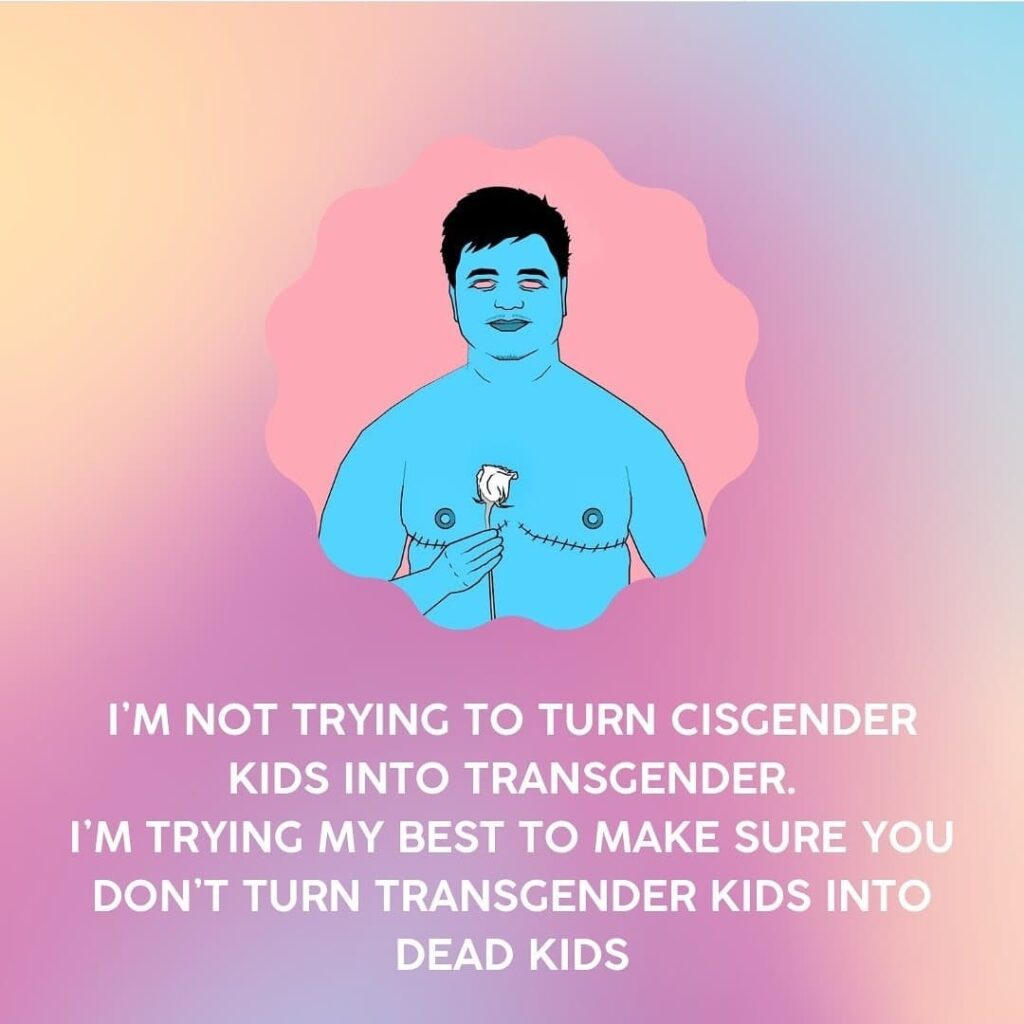
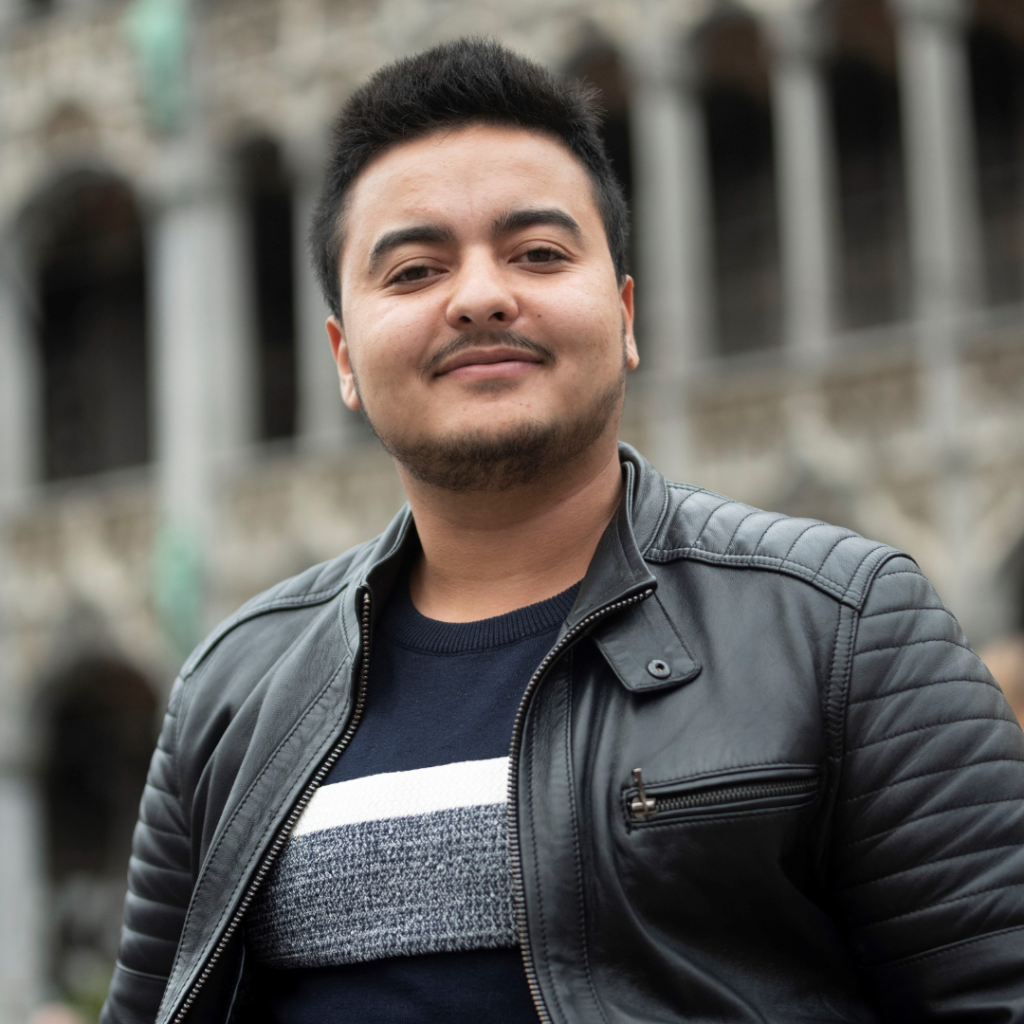
Picture credits : Hans Moyson
Illustration : Mohamed Bakkes
You may also like
-
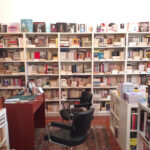
Vigna in Nice: Where Queer Books Breathe and Memories Live On
Right in the heart of Nice, there’s a bookshop where stories don’t just sit quietly
-

The BGS Winter Retreat: 12th Edition in Serre Chevalier
Every winter, a vibrant tapestry of familiar and new faces gathers from the BGS LGBTQIA+
-

“The Bundestag Is Not a Circus Tent”: Chancellor Merz Faces Backlash Over Rainbow Flag Refusal
German Chancellor Friedrich Merz is at the center of a political storm after backing the
-
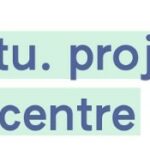
Épicentre: Inclusive Health and Well-Being for All in Brussels
Located in the heart of Saint-Gilles, Brussels, Épicentre is a multidisciplinary center dedicated to care,
-
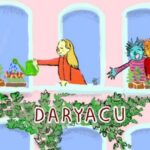
Daryacu: A Safe Haven in Brussels for the Marginalized and Vulnerable
In the heart of Saint-Josse, Brussels, a unique project is quietly making a big difference

